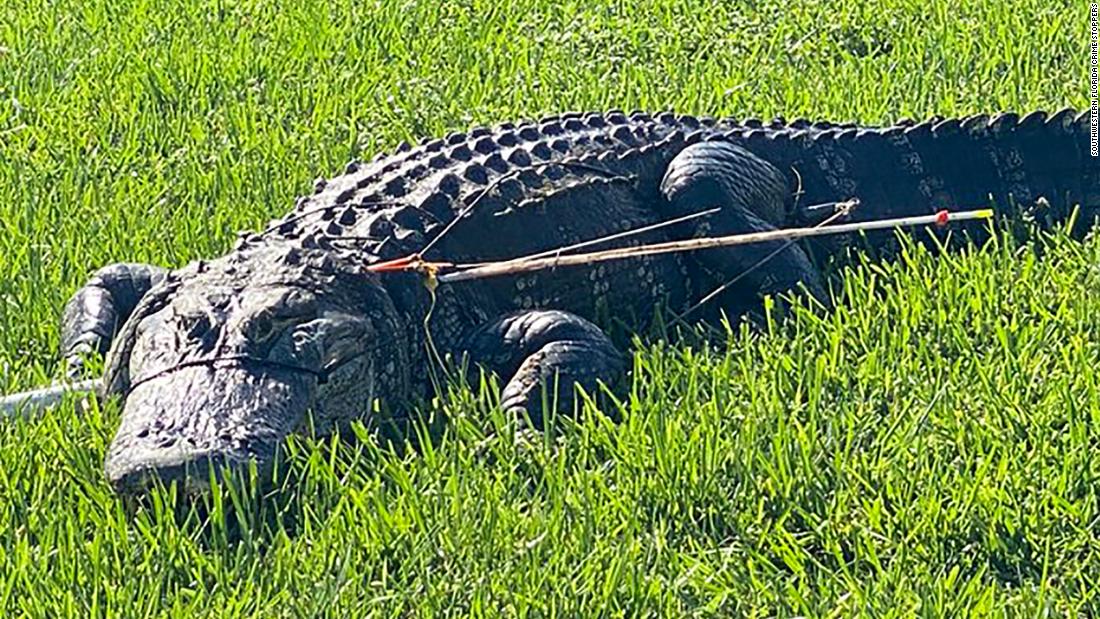
Applicants for the position of "nuisance alligator trapper" are being solicited by the Florida Fish and Wildlife Conservation Commission's Division of Hunting and Game Management.
According to the state's FWC website, the initiative is part of its Statewide Nuisance Alligator Program, otherwise known as SNAP, that contracts with private individuals to lawfully respond to and remove "specific nuisance alligators."
The job is not full-time, however, and compensation is not necessarily what you'd expect.
"Nuisance alligator trappers are primarily compensated by their marketing and sale of alligator products (hides and meat) from nuisance alligators taken," the FWC said. "Trappers also may receive a small expense reimbursement from the FWC for each alligator taken."
Snares and hooks not provided
The FWC emphasizes that income earned from being a nuisance alligator trapper may be insufficient to fully support an individual or family, adding that most trappers have additional sources of income.
In other words, you probably won't get rich from helping Florida reduce its population of surplus alligators.
In order to apply, the Florida FWC asks that the applicant:
- Be able to supply any equipment necessary to take alligators (truck, boat, snares, hooks, etc).
- Have a record of adherence to fish and wildlife regulations and have no criminal history.
- Assume personal liability for health, welfare and safety of themselves and their trapping agents.
Florida also asks the successful applicant to project a positive image to the public and media, which should be a piece of cake for any recreational alligator hunter, no?
Alligators and human interaction
It's no secret that Florida is home to some of the largest populations of American alligators in the United States, often living in close proximity to humans.
The Florida FWC's call for nuisance alligator trappers coincides with recent alligator attacks, including an attack on a Florida woman who was trimming trees, and who suffered major injuries. The alligator in this case was caught by a licensed alligator trapper and brought to an alligator farm.
In July, a family came across a 9-foot alligator with missing limbs on their doorstep. In April, officials warned motorists of aggressive alligators during mating season. Last year, alligators were caught on tape climbing fences and swimming on roads across the state.
"FWC places the highest priority on public safety and administers a Statewide Nuisance Alligator Program," FWC said in a statement to CNN. "The goal of SNAP is to proactively address alligator threats in developed areas, while conserving alligators in areas where they naturally occur."
In other words, alligators are just part of life in the Sunshine state, but some mitigation is required, in addition to respect for the animals' natural habitat. And that's where the "nuisance alligator trapper" comes in.
"What" - Google News
September 26, 2020 at 12:12PM
https://ift.tt/3id0Ju1
This is what a job ad for an alligator hunter looks like - CNN
"What" - Google News
https://ift.tt/3aVokM1
https://ift.tt/2Wij67R
Bagikan Berita Ini














0 Response to "This is what a job ad for an alligator hunter looks like - CNN"
Post a Comment